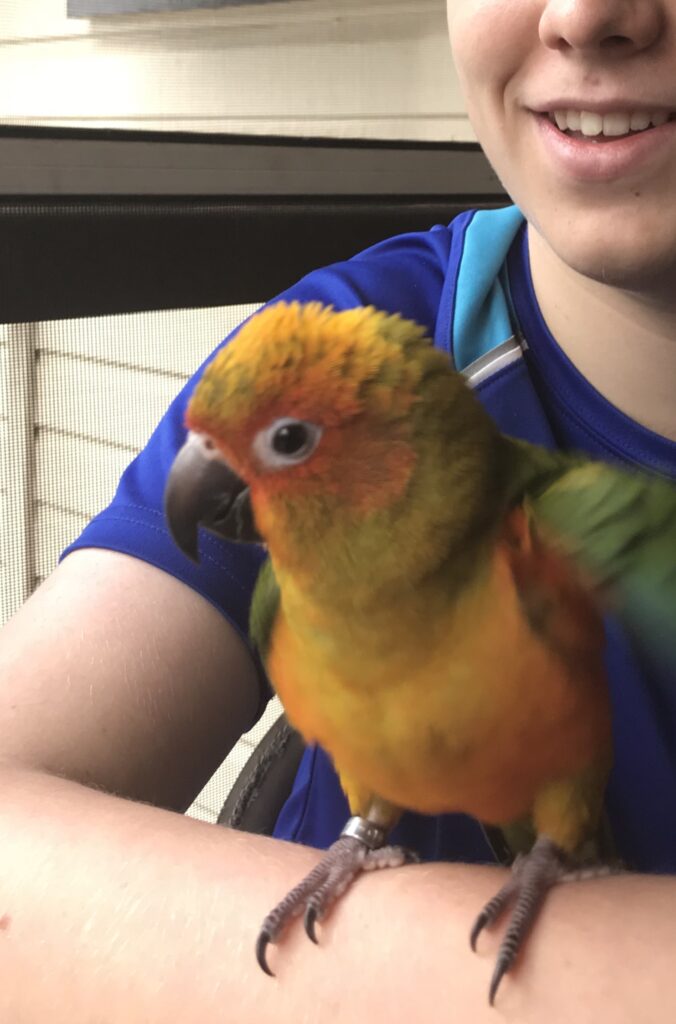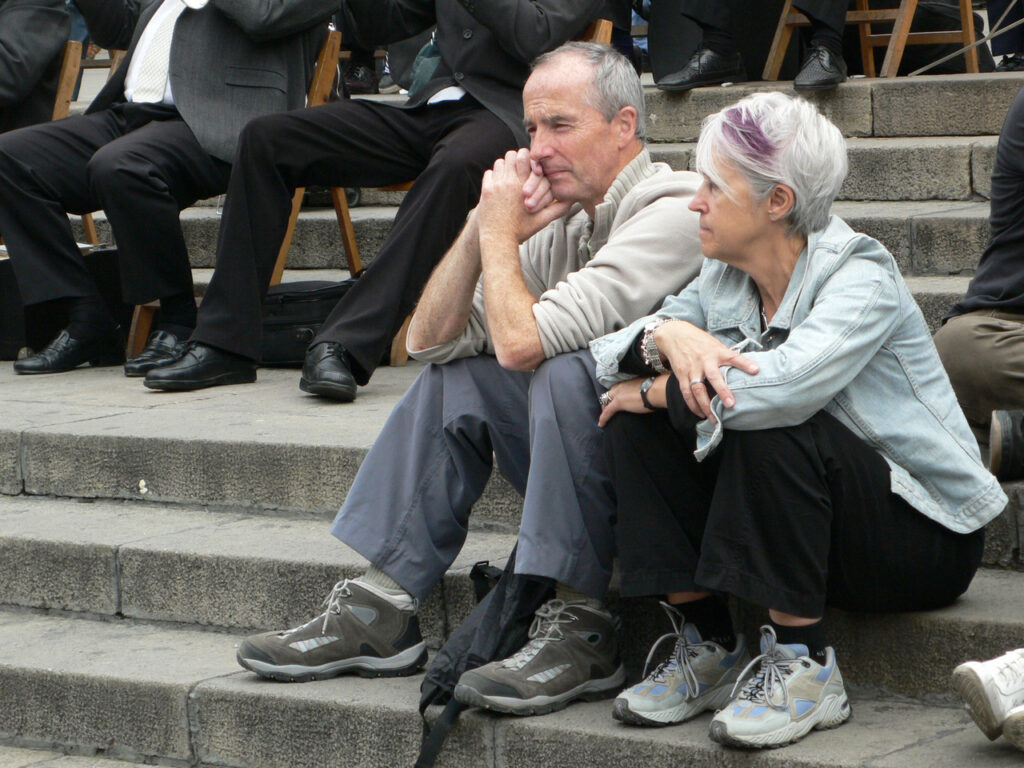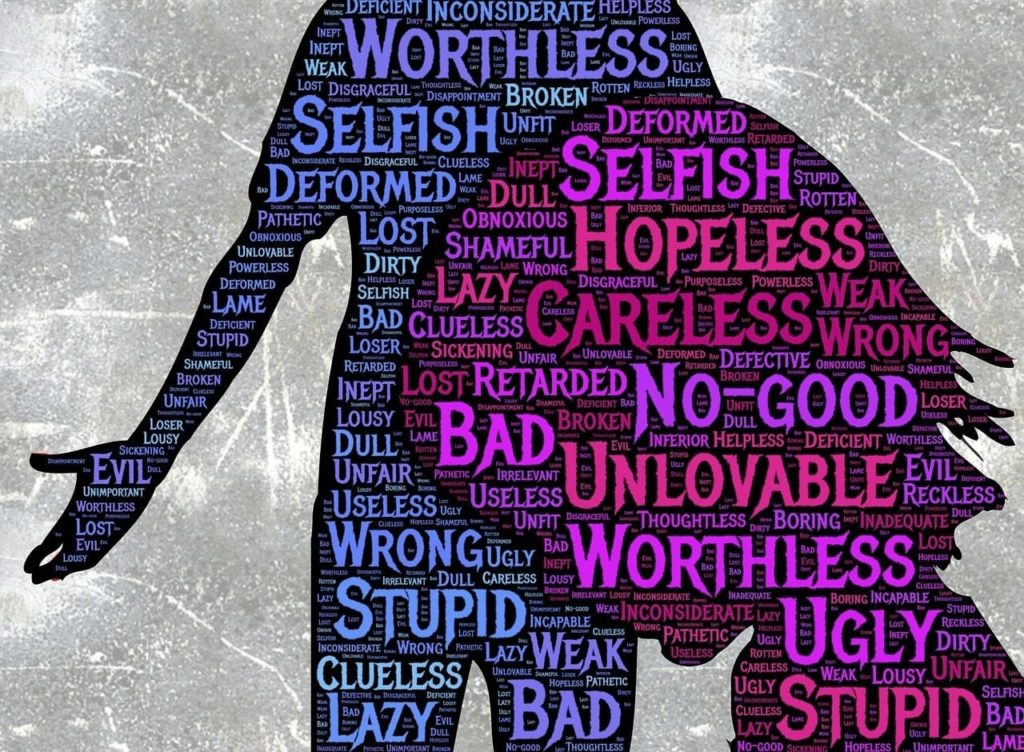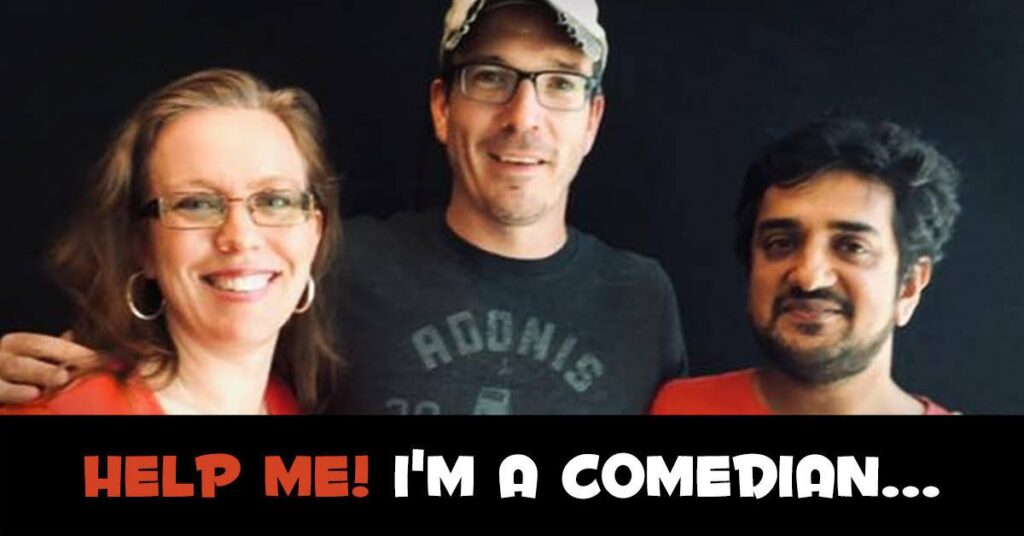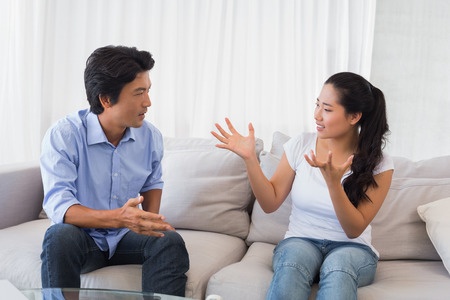
Guest blog by Michelle Janssen The arrival of a newborn is a bundle of painful and beautiful contradictions. Love like you’ve never known amidst sleepless, anxious nights. Staring into their gorgeous eyes as you awkwardly navigate endless nappy changes, swaddling and trying to get into some sort of new routine – the sudden and unrelenting […]
Read more...


